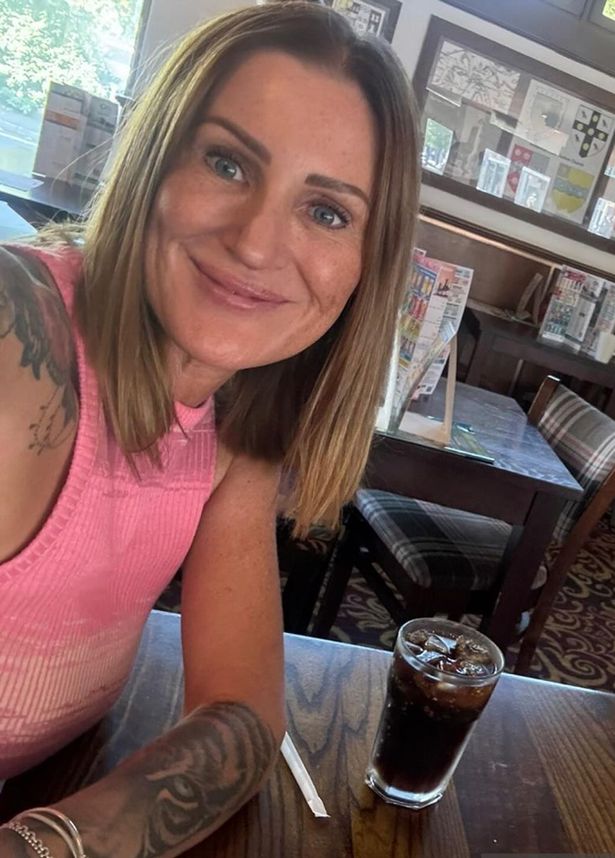‘I Experienced Menopause at 14 - It Transformed My Life’ - OK! Magazine

Hayley Brookes was barely a teenager when she received her devastating diagnosis. It meant she knew from a young age that she would never be able to have children naturally. Now 43, the menopause advocate is campaigning to raise awareness of Premature Ovarian Failure and believes that doctors need more education to stop other women facing it alone.
Hayley, from London, said that too many women of all ages are having their menopausal symptoms dismissed. “Menopause has no set age and yet some doctors are still saying you’re too young for menopause instead of taking it seriously and offering the support and care women deserve,” she told NeedToKnow. “It can happen in your teens, in your twenties, thirties and older.”
Hayley started her periods at age 12 but after a year, they stopped. She describes suffering from severe night sweats, hot flushes and insomnia and found concentrating at school almost impossible.
Hayley said: “I kept telling my mum I felt weird, but I couldn’t explain why. I kept saying, I just don’t feel like myself.”
Hayley’s doctor requested blood tests and weeks later an ultrasound revealed that not only did she have one ovary, but that ovary was eggless. Barely a teenager, Hayley was told she would never be able to conceive naturally. She was put on HRT, but despite her quick diagnosis, she wasn’t given long-term care.
Due to her dose being too low, she suffered for more than twenty years.
She said: “I suffered with every menopause symptom and lived for years with the shame and embarrassment of my diagnosis. I just wanted to fit in and be like other girls my age.”
Now married, Hayley said her teenage diagnosis left her feeling inadequate and her mental health was severely affected. A few years ago, she decided to speak out about her experience and help other women battling early menopause.
Hayley said: “I want to help raise awareness to women, but also to warn mothers that it may be happening to their teenage daughter instead of them and to look out for the signs as it’s a life changing diagnosis at an early age. When my friends were having their children, I realised just how different my life was.
“I knew I wanted a family, but I’d felt like a failure a lot of my life, I didn’t want IVF to fail and my body had been through enough.”
Hayley is now a stay-at-home mum to a four-year-old boy, after adopting her son when she turned 40. Her diagnosis has since been renamed to premature ovarian insufficiency, but she believes that gives false hope to women and more research needs to be done by health professionals.
She said: “Sadly, many women are not being taken seriously. Educating and advocating for yourself is extremely important and it makes me sad that there are teenage girls sitting at school right now going through what I did.
“Doctors have such little training on menopause and teachers need to understand it too. Menopause is now in the national curriculum, it’s being taught in secondary schools and that’s a big step because normalising these conversations will help younger girls so much by realizing they are not alone.”
Hayley added: “We must be the generation to make these essential changes to research and education because this is costing women their health and wellbeing, their careers and their relationships but it is also costing the NHS. Better education would result in quicker diagnosis, fewer GP appointments and onward referrals and huge time and money savings for the NHS.
“Women also need to be better supported in the workplace. Studies show that women have very little support - some are forced to give up work altogether as a result of their symptoms. Supporting women to remain at work by implementing a few simple adjustments is common sense.
“Government and business need to recognize that menopause guidance in every workplace is a win-win situation.”
Through campaigning for #MakeMenopauseMatter, Hayley has made many friends, including Michelle Heaton, in the menopause community.
She said: “I have found the most supportive community of ladies and for once in my life I no longer feel alone anymore.
“I don’t want other women to feel alone and will do everything I can to make menopause matter.”




